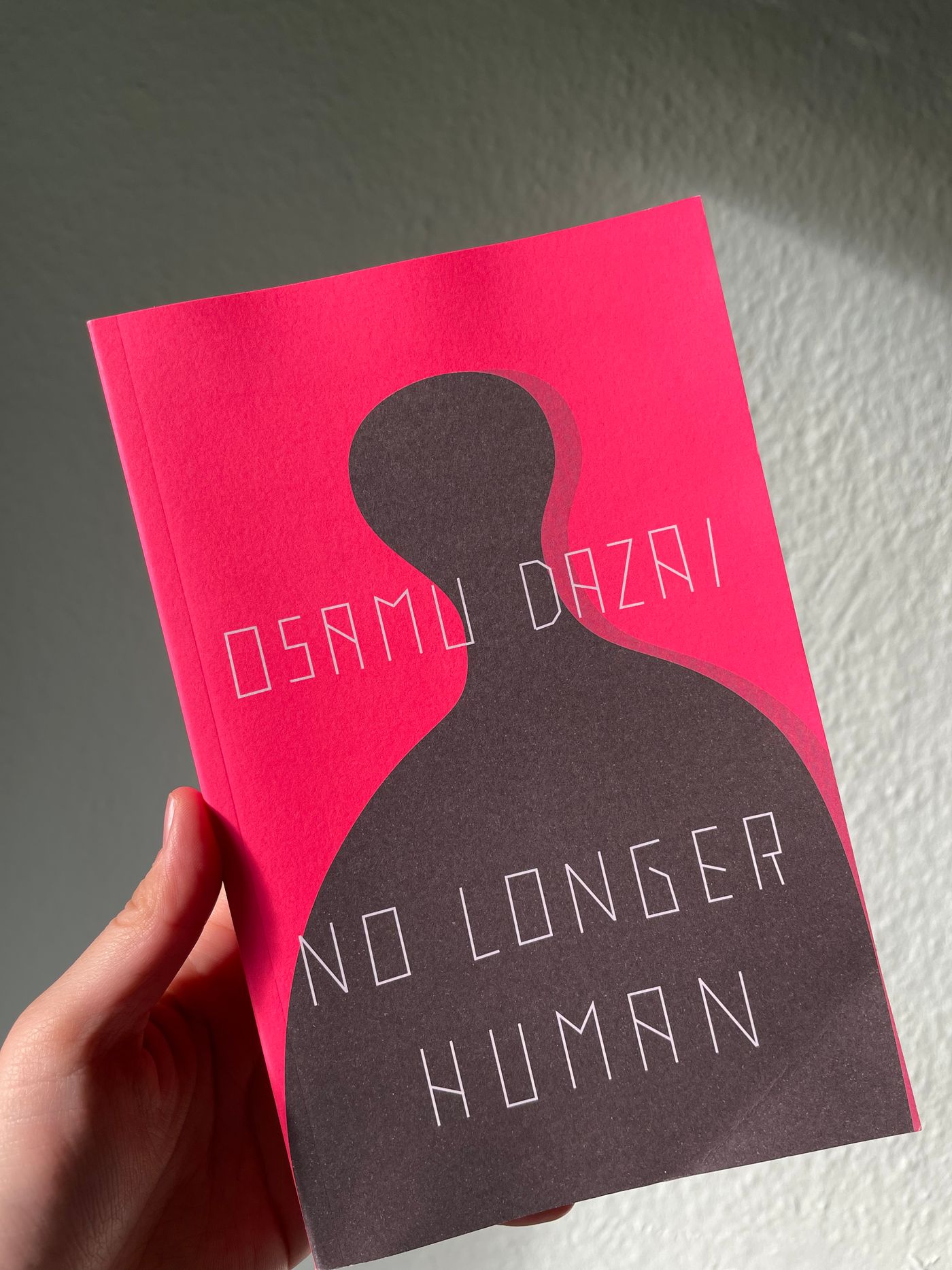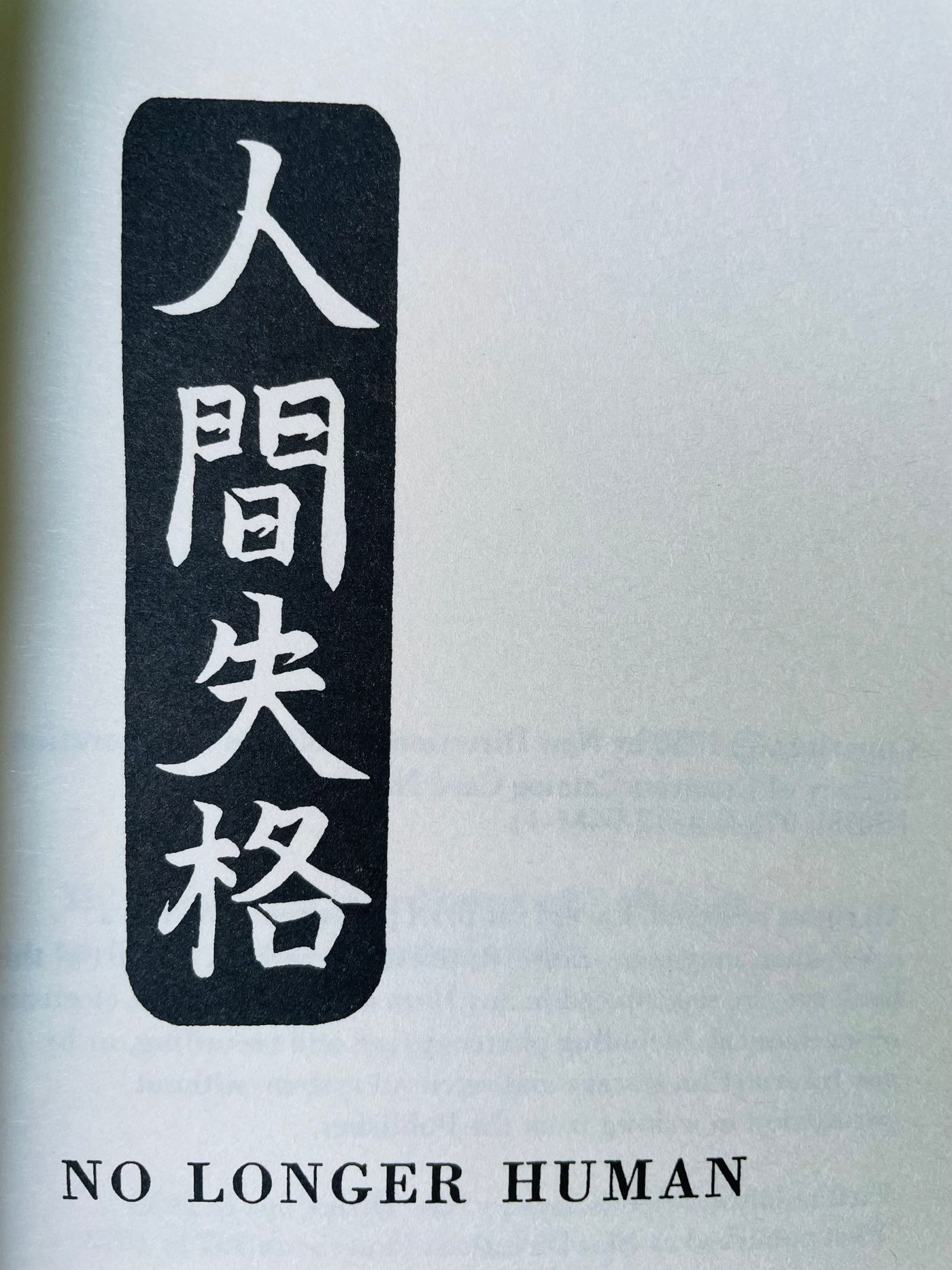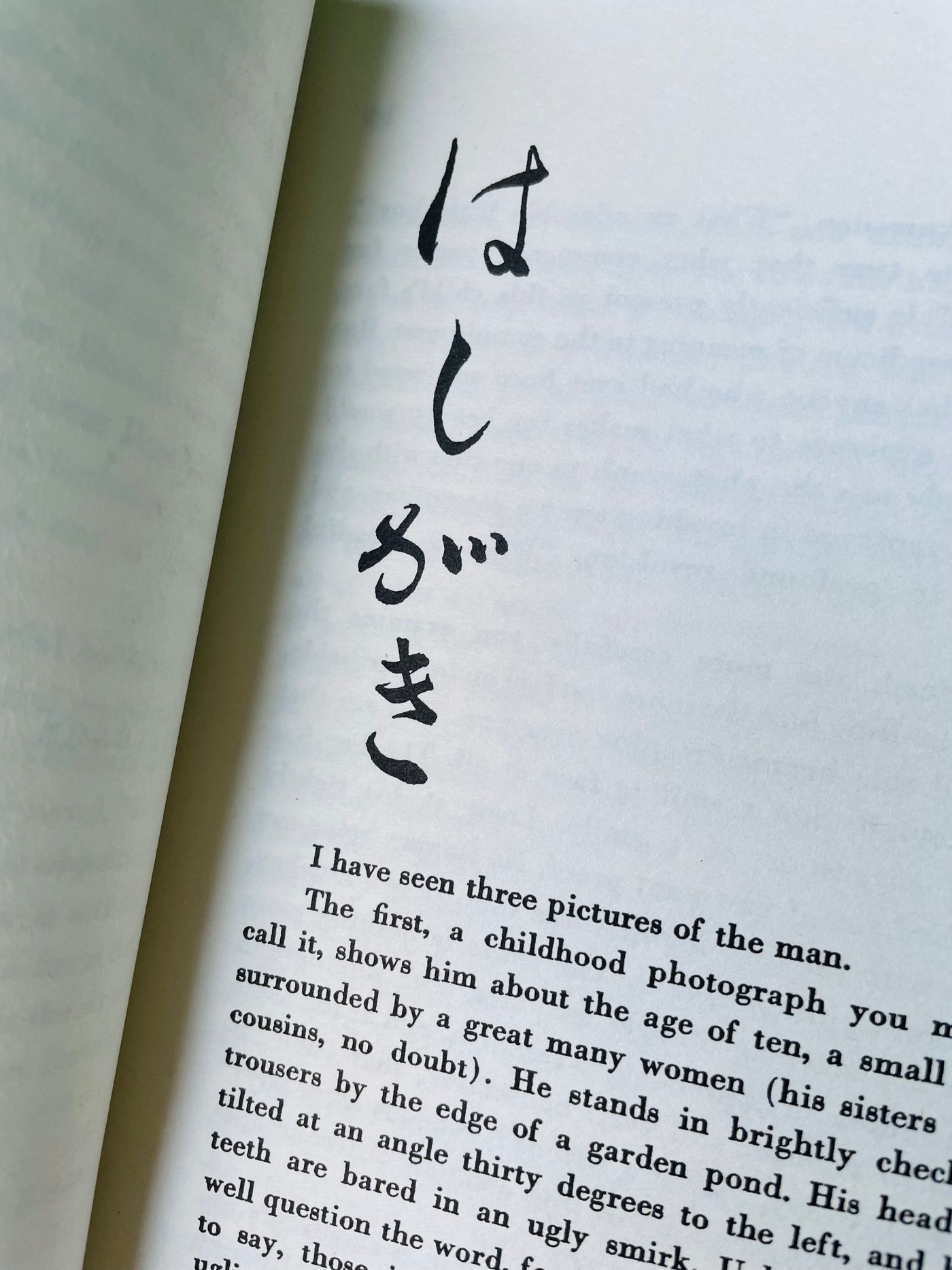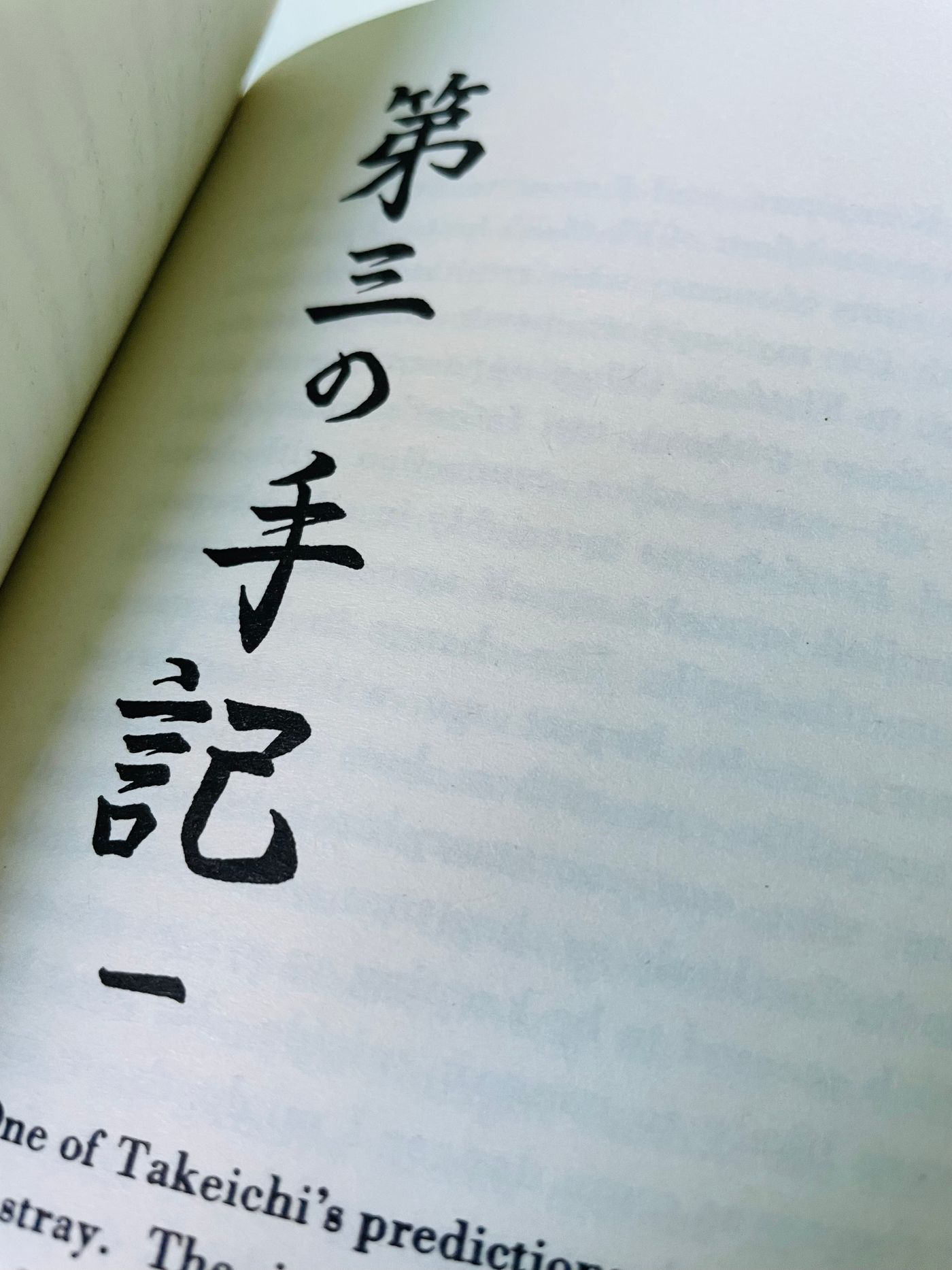Book Reviews·Book Review|Re-reading "Disqualification in the World" during the Qingming Festival
In two previous book reviews of Sayaka Murata, I mentioned an interesting pattern in her story, which is to cry out for women who are struggling in the large "casting" machine of society, while paying attention to the social requirements for women to get married and have children. Women's inner obedience, self-persuasion, etc., on the other hand, accurately grasp the resistance, unwillingness and persistent choice in obedience. Therefore, although people keep saying that reading "Planet Earth" will make you doubt your life and make you fearful, I don't think so. In Sayaka Murata's story, what I read is the self-choice of struggle and persistence, the germination of self-awareness and the tenacity to take root. What's so scary about such a spirit? On the contrary, she gave me hope, a real hope with a hint of despair.
Dazai Osamu's works also give people the impression of a person who can't breathe writing. Of course, the middle-aged male protagonist is difficult to compare with the heroine in Murata Sayaka's works. This kind of depression and pessimism is actually very different. "Disqualification in the World" is a very famous work, even highly praised in mainland China. I always feel that I don't understand it. After all, Dazai Osamu's dejection does not seem to be in line with the core values 😂 But after reading it, I slowly understood that it seems that " "Disqualified in the World" is a work suitable to be reviewed during the Qingming Festival.

The first is the title. "Disqualification in the World" is difficult to translate in English, which is why the Chinese version retains the Japanese title. I really like the design of New Directions Publishing House. Although it is an English version, it also retains all the Japanese book titles and chapter names👇, which makes me willing to collect this book, because as a native Chinese reader, the most resentful thing is Sometimes when I read Chinese vocabulary in linguistics books but only use pinyin instead, I should add Chinese characters in brackets at the end! (Don’t tell me about academic formatting, I hate academic formatting😂)


Secondly, it is the world that "Disqualification" leads us into - the perception of the surrounding world by an extremely melancholic and sensitive person. "Disqualified in the World" consists of three "notes", which seem to be the protagonist's soliloquy. Starting from his own childhood, he tried to reconcile with himself who was burdened with trauma, but he could not understand that the people around him seemed normal. In this world, we constantly feel the cruelty in daily life under the cover of "normality".

However, although the protagonist can see the world so keenly, he cannot put aside these colored glasses and face himself in the mirror; he feels that he is far from a normal person, but he cannot see that he is almost wise. Observation of world affairs... all of this unfolds in front of the reader, allowing the reader to truly understand how the protagonist faces growth alone despite experiencing neglect and trauma since childhood.
The protagonist feels that if the world is as unfathomable as the sea, then this feeling is like seeing the life of an adult twenty thousand miles under the sea like an abyss. This description makes me feel that it is similar to Nietzsche's "you stare into the abyss, and the abyss stares into you." However, the most profound thing is the protagonist’s thinking about what is society and what is an individual——
"You must stop your fooling around with women. You've gone far enough. Society won't stand for more."
What, I wondered, did he mean by "society"? The plural of human beings? Where was the substance of this thing called "society"? I had spent my whole life thinking that society must certainly be something powerful, harsh and severe, but to hear Horiki talk made the words "Don't you mean yourself?" come to the tip of my tongue. ... ...
Society won't stand for it.
It's not society. You're the one who won't stand for it-- right?
If you do such a thing society will make you suffer for it.
It's not society. It's you, isn't it?
Before you know it, you'll be ostracized by society.
It's not society. You're going to do the ostracising, aren't you?
Words, words of every kind went flitting though my head. "Knowing thy particular fearsomeness, thy knavery, cunning and witchcraft!" ... ...
From then on, however, I came to hold, almost as a philosophical conviction, the belief: What is society but an individual?
From the moment I suspected that society might be an individual I was able to act more in accordance with my own inclinations.
The above is a turning point for the protagonist to become aware of the relationship between society and individuals. Friends criticized him for not continuing to have casual relationships between men and women, citing the fact that society does not allow it. However, is it not allowed by society or is it not allowed by the individual who says this? Osamu Dazai reveals the equal individuals hidden under the abstract concept of society who discipline the individuals around them. At such a moment, under the cover of the plural concept of society, the disciplinary individual will suddenly be superior to those being disciplined, and require others to meet their own requirements based on the so-called "standards" that are collectively "agreed" by society. In fact, each of us has seen the same rhetoric too many times. For example:
My mother stared into my eyes, as if a witch was about to put the ingredients into the pot for refining poison, and said, "If you get pregnant, I have to live in your house and serve you." "I don't need to." "If I don't go, If you do that, it can’t be justified in the courtyard.” Is it in the courtyard that it can’t be justified or in your place? Is it because the people in the yard don’t allow me to not need you, or do you not allow it? "I want to hear you say with my own ears that you don't need me to take care of you." " I don't need to. " I was still put into the witch's pot, but luckily I was killed by the look before I fell into the hot pot. .
Although Dazai Osamu's discussion of society and individuals in "Disqualified from the World" is not consistent, it can also inspire us to think about whether it is the abstract concepts of society and culture that have imprisoned us since childhood, or is it something hidden under these abstract concepts? A concrete, powerless individual who constantly looks for the weak to bully and thus can temporarily gain the illusion of power. With this awareness, the protagonist is more able to make his own choices freely. We have all said that we are individuals under the heavy pressure of society. However, "Disqualification in the World" asks, is it society that puts heavy pressure on us? Or an individual? Is it plural, a society of strangers? Or those relatives who are familiar with us and even have blood relations with us?
" The incomprehensibility of society is the incomprehensibility of the individual. "The incomprehensibility of society is actually the incomprehensibility of the individual. At this point, the failure in life and the choice of suicide that the protagonist himself blames are like sand blown away. They are no longer an escape or resistance under the pressure of society, but just an individual choice? Just because he saw the tragedy of this world and society, and saw that as Sartre said, " Hell is other people ."
During the Tomb-Sweeping Day, I don’t know how many people silently follow relatives who are so estranged that they are almost strangers to worship their ancestors, and are excluded from worshiping their ancestors because they are women or other identities. They can only Just take a look from a distance. To experience the fact that you are surrounded by living people but no one cares or even pays attention to you, it seems easier to come to the conclusion that it is better to die. It seems that you can still get a trace of peace after death.
The "world," after all, was still a place of bottomless horror. It was by no means a place of childlike simplicity where everything could be settled by a single then-and -there decision." If the world in an individual's eyes is really a bottomless abyss, in sharp contrast to the simple and bright world of childhood, "human disqualification" is very close.
Throughout the book, Osamu Dazai is still discussing society and individuals, but gradually, he tells readers that society is full of unhappy individuals, and society is still trying to understand and tolerate the struggle of every individual. For him, everything was like purgatory. It was only after writing down three notes that he felt hopeless and able to escape, and finally said "Everything passes. Everything passes."
However, after reading "Disqualification in the World" again, I can feel it better with my current knowledge and experience. For the protagonist, his tragedy is that he does not know how to say "no", and I see that he is not paid attention to or cared for. and the lasting bond that resolved trauma provides on the road to adulthood. I always feel that if there is good intervention, maybe everything will be different; of course, maybe it is just different roads leading to the same destination. It is precisely because of my current experience, and when I look back at Dazai Osamu, I understand that his thoughts on society, suicide, and self-exploration are actually nothing else. It may be due to his surging love for life, and this love over and over again Being let down by love everywhere. This feeling may not be obvious in "Disqualified from the World", but in other works, it will be vaguely felt that Osamu Dazai has given more to it.
From time to time, I would go for a walk among the ancient tombs. In Germany, whether in the mountains or urban areas, we sometimes often see groups of ancient tombs. Many tombs from the 19th century or earlier have different styles of tombstones. Even now, you can sometimes see flowers placed in front of the tombstones. I have been to a group of Jewish tombs from the 19th century, hidden in the mountains and forests, with some stones. Life and death are always so close, and it makes me think, what makes us human beings able to experience this once in a lifetime, and what makes us discover the little bits of happiness in life? I think it’s love, love for the one you love or love from nature and the universe❤️.
Going back to the comparison between Osamu Dazai and Sayaka Murata, they both write about society and the sense of oppression exerted by specific individuals in the plural on other individuals. Osamu Dazai's writing seems to be more internal. Even when looking at Mount Fuji outside the window, he is constantly looking inward. ; and Murata conjured up very absurd scenes, but was able to describe them in a serious tone, always seeming to say, "Look, this is the kind of life we women live under the pressure of society. It's so ridiculous, so naturally we have to Fight back in the most ridiculous way, haha, kidding, it’s not about fighting back, it’s about reconciling with yourself and finding your own way.”
I wandered to the ancient tomb again today.
Screw society! They were all shouting.
桃花潭水深千尺,不及讀者送我情❤️❤️❤️














- Author
- More